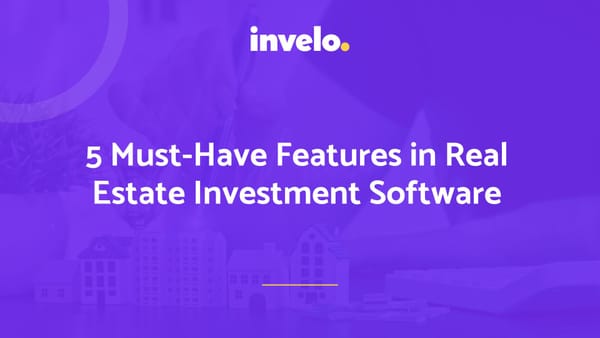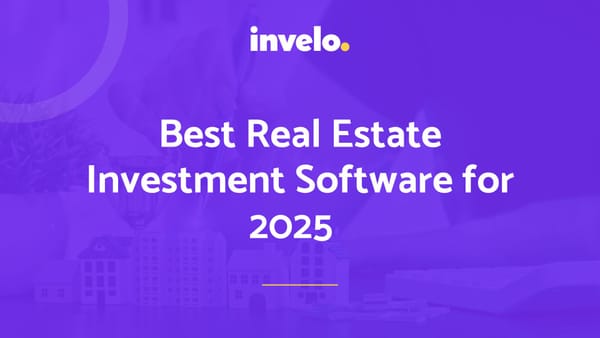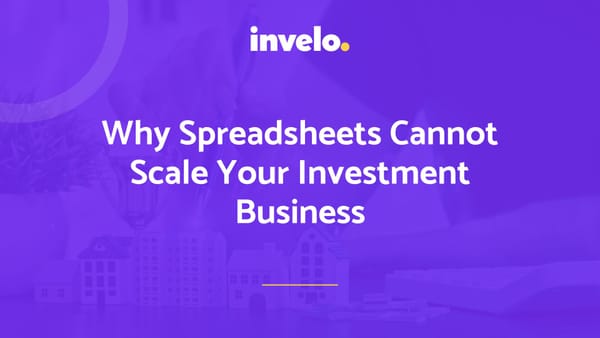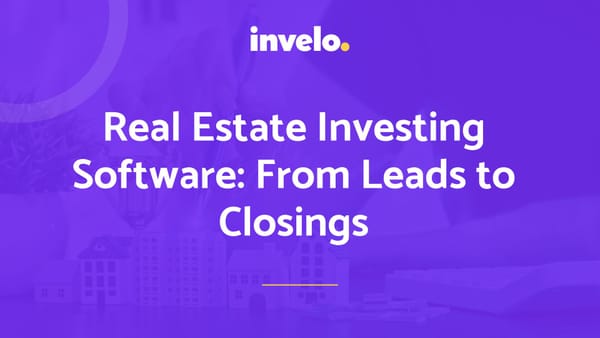Suppose you are a real estate investor looking for a deal – you have probably considered purchasing many different types of properties. One of those considerations is likely bank-owned properties.
Bank-owned properties, also known as real estate owned properties or REOs, have failed to sell at a foreclosure auction and have now been added to a bank's inventory of assets.
Becoming a bank-owned property starts when the homeowner fails to pay their mortgage and forces the bank to begin foreclosure proceedings. At the end of the foreclosure process, the bank takes ownership of the property and puts it up for auction.
While many homes are sold successfully at auction, some are not and remain up for sale by the bank. Just because a home does not sell at auction does not mean it is not a desirable property – there are many factors as to why a house becomes a bank-owned property.
Real estate investors who are looking to fix and flip a property are usually some of the most interested buyers when it comes to bank-owned properties. If you are a savvy investor with a good eye for opportunity, bank-owned properties could be a goldmine for you. But if you have little experience in the space you could find yourself with an overpriced fixer-upper that will put you in the red.
Pros Of Buying Bank-Owned Properties
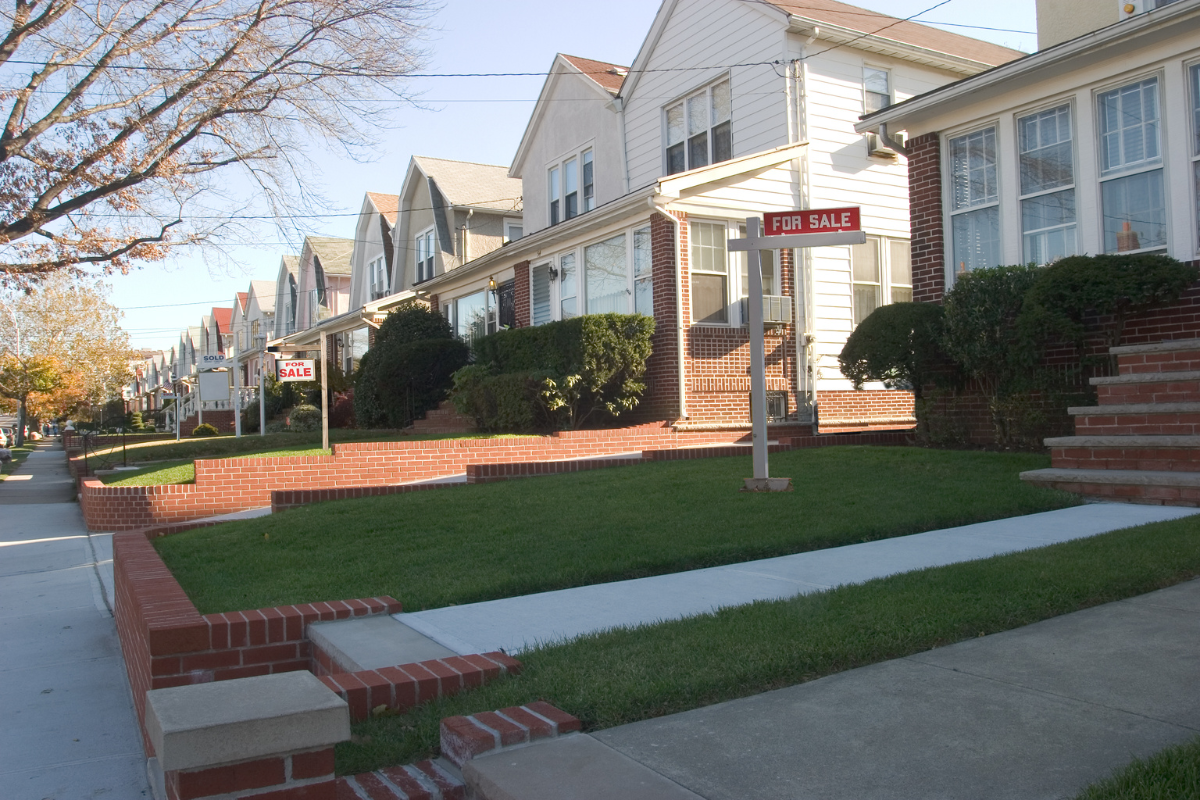
Anyone can buy a bank-owned property but the buyers tend to be real estate investors and people looking to do some serious building. While bank-owned properties certainly aren’t for everyone, if you are looking for property in a specific area or are looking to flip a property you may be interested.
The Price
One of the main pros of buying a bank-owned property is the price. Since the home has been foreclosed on and repossessed by the bank, they are looking to offload the property and recoup as much of their money as they can. This means that in many cases banks will price these properties competitively. If the property is in bad shape the price may even be lower, which is great if you are primarily looking for bank-owned properties for their land and location.
The Location
A bank-owned property is a great way to get into a competitive and desirable neighborhood that you otherwise couldn’t. Bank-owned properties can exist in any kind of neighborhood and are good opportunities for investors who want to fix and flip a home.
The Ability To Know Before You Buy
Unlike purchasing a foreclosure you can walk through a bank-owned property beforehand as you would any other property. In addition to a walk-through, bank-owned properties may have had some work done to them to make them liveable. While the property may not be perfect, it will likely be better than purchasing a foreclosure blind. You can also get this kind of property inspected like you would any other property before you commit to purchase and the bank itself will have had the home inspected as well. You will have all the information you need to make a determination of whether or not this is a worthy investment before you sign anything.
Less Competition
Your average person looking for a new home will likely not be looking at bank-owned properties. The lack of interest from typical buyers removes a lot of competition from the buying process. This only leaves investors and people looking for a project! If you are an investor and you are facing a lot of competition bank-owned properties are a great way to get into a neighborhood without having to outbid dozens of other potential buyers.
No Occupants Or Liens
One of the perks of finding a good-priced bank-owned property is that the bank will have taken care of any occupants or legal issues before putting the home on the market. Like with a foreclosure, you won’t have to go through the eviction process with any occupants because the bank will have already done that.
Downsides To Bank-Owned Properties
Like everything in the world of real estate, bank-owned properties aren’t without their detractions. If you are interested in pursuing a bank-owned property you have to make sure that you are well aware of the process before you commit. Sometimes a great deal isn’t worth the headache if the process is especially drawn out and complicated.
Try Invelo for Real Estate Investing
If you are currently buying investment property, whether flipping or renting, or if you are thinking of becoming a real estate investor, you're going to need a tool to manage prospects, market to leads and convert deals. There are many tools available for this, but very few address the four key aspects of real estate investing:
- Finding Prospects - Use our built-in list builder with over 150 million property records to find target prospects that meet your specific criteria. Select from dozens of data points to optimize your list.
- Marketing to Leads - Use built-in marketing campaigns to send direct mail, ringless voicemail, email, sms and more. Setup filter criteria to automatically find new prospects and add them to campaigns as they get added to your database.
- Manage and Convert Opportunities - Track every step of the deal lifecycle including skip tracing to find better contact information, adding notes and setting tasks so you never miss an opportunity to close a deal.
On top of that, Invelo is unique because it has intelligent automation and built-in education. There is no reason to reinvent the wheel. Tons of investors have already figured out the best practices for finding, marketing, contacting, negotiating and closing real estate deals. Invelo has integrated all of this learning in to educational training and automation so you can "set it and forget it".
Invelo has a forever free account -- sign up now and see what Invelo can do for your business.
Not Always As Cheap As You Would Like
While many bank-owned properties will be competitively priced, some may not be as cheap as you want them to be. This greatly depends on the house, the location, the bank, and the market in the area. Banks are looking to recoup their losses so they may price their homes similar to those that surround them.
Unlike foreclosures, banks will actually do some repairs to make homes liveable before they list them so you won’t get those deep discounts that truly run-down foreclosed homes come with. But even with those repairs the homes will still not be in great shape and will be costly to repair. Even if you get a small deal on the home, you may end up paying way more than you want to get the property into good shape. At the end of the day that might not be as profitable as you think.
Difficult Communication
If you are going after a bank-owned property you are dealing with a corporation, not an individual. This may make communication much more difficult and frustrating and make the wait between responses longer. While you will primarily deal with a real estate agent, they will have to relay responses to the bank itself. This can be deeply frustrating, especially if you are someone who is used to making deals in person.
A Longer Process
When you are making an offer on a bank-owned property the process itself is similar to buying any other property, but it will take a bit longer. When you are buying from a bank the process stretches out over weeks or months. When you put in a bid the bank needs to weigh its options and consider its shareholders in its decision. This will mean you may not hear back on an offer for a couple of weeks. Even after that wait, it is likely that the higher-ups at the corporation will have to approve any agreement you have made with the banks’ representatives. This may be a deal breaker for someone looking to buy and flip fast to take advantage of market conditions. But if you are patient you may be able to get a great deal in the end.
Poor Condition
While the bank may make some repairs to a home to make it livable, it will still likely be in poor shape. There is a big difference between a home that is livable and a home that is sellable or even desirable. You may purchase a home that is technically “livable” but it will have lots of issues that will not make anyone want to actually live there. There could be infestations, major leaks, or just vandalism from when the occupant was evicted. It all depends on what the bank considers “livable” conditions.
Before making the purchase you must review the inspection and walk through the home so you know exactly what you are getting into.
Be Prepared
Before you decide to purchase a bank-owned property make sure that you are familiar with the process, market, and area to make sure you are getting a good deal. At the end of the day, it is all about buying low and selling high. Just because a home is being sold by the bank does not mean that it will be worth the price. But also don’t be discouraged by the downsides. Bank-owned properties are a mixed bag and you may be able to find something well worth the time and effort.
PRO TIP: Get started generating leads right now with Invelo - Find Prospects, Market to Leads, Track Deals and Make money. Signup for free and see how easy it is to make money buying and selling homes.


